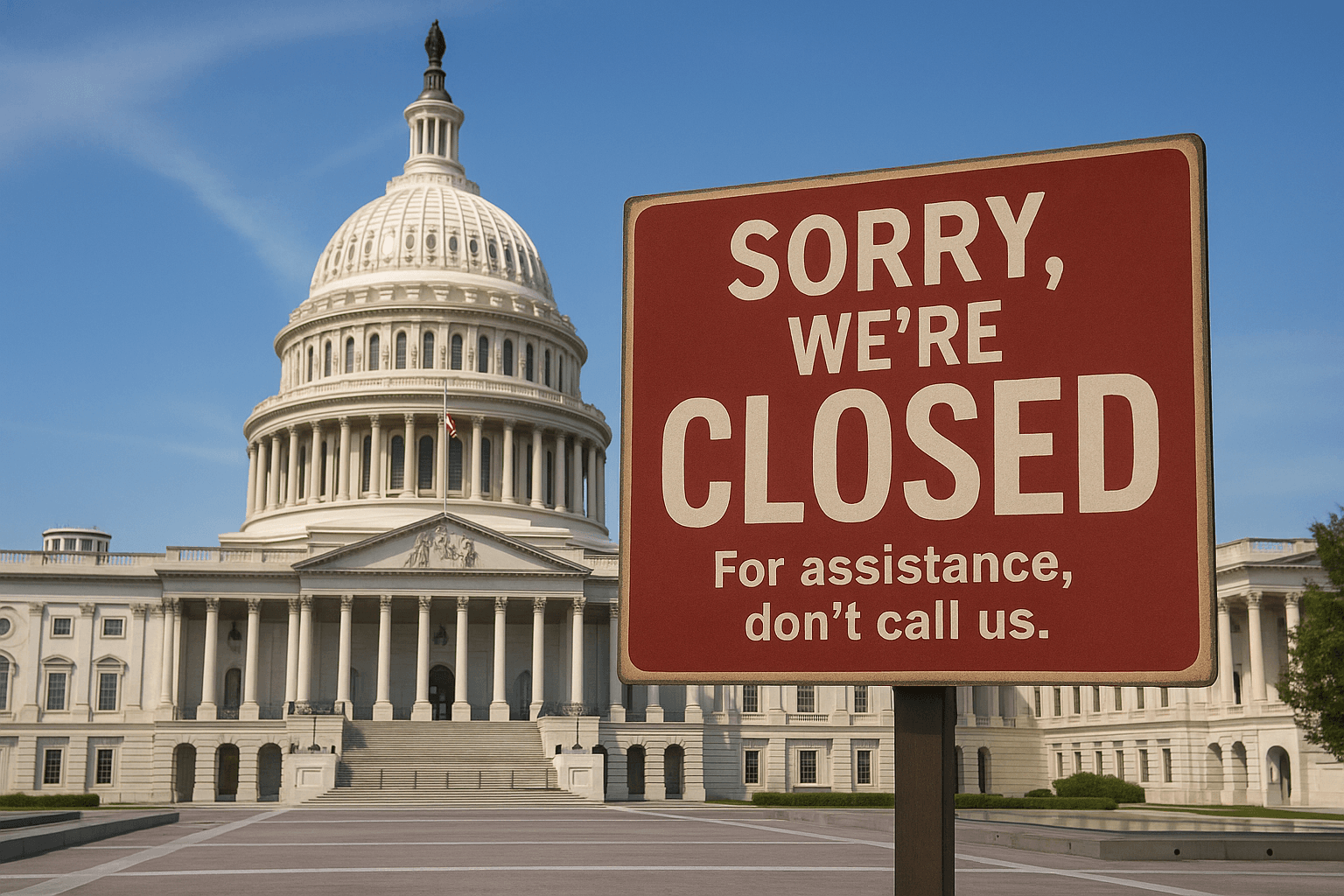California Resolution Would Provide for a Nonpartisan “Public Ballot” Option for Presidential Primaries

(Sacramento, CA) - Assemblymember Kristin Olsen (R-Modesto), State Senator Anthony Cannella (R-Ceres), and the Independent Voter Project jointly announce the filing of resolution ACR 145 in the California State assembly urging Secretary of State Alex Padilla to provide an additional, nonpartisan presidential ballot that lists all the qualified candidates so that voters - regardless of their affiliation or nonaffiliation with a major political party - have an opportunity to cast a ballot for the candidate of their choice this election.
The state would continue to distribute partisan primary ballots to Democratic and Republican voters. The resolution would allow for the creation of a nonpartisan “public ballot” for voters who either can’t or don’t want to vote in a political party’s primary election to participate in the presidential primary.
“ACR 145 strikes a balance between the constitutionally-protected rights of voters to select a presidential candidate – regardless of political party preference – with the rights of political parties to determine who may or may not participate in their private nomination proceedings,” Assemblymember Olsen said. “We shouldn’t be disenfranchising voters in an open primary state by not giving them an opportunity to vote for the most important office in America.”
“Every year, more and more Californians are choosing to not affiliate with a political party. We simply must provide means for those citizens to participate in our democracy and in the elections that they help to pay for,” said State Senator Cannella. “Though I am a proud Republican, I have and will continue to protect the rights of my entire constituency - regardless of their partisan affiliation or nonaffiliation. All Californians should have a voice in the political process and ACR 145 will allow that.”
Under California’s statewide elections, voters can choose to vote for any candidate, regardless of the voter or the candidate’s party affiliation. However, for the presidential election, only Republican voters can vote for Republican candidates, and independent voters (called “No Party Preference”, or “NPP” voters in California) can only vote for Democratic, Libertarian, or American Independent candidates, and only if they actively request a ballot for these parties. Voters who want to vote for a Republican candidate have to register as a Republican within fifteen days of the election to do so. Resolution 145 asks the secretary of state to exercise his authority to ensure that California voters get to vote for the candidate of their choice whether or not they register with a given political party.
The Independent Voter Project provided legal research to both legislators and the legislative analyst and had previously discussed its legal analysis with the secretary of state and his lawyers, including the issue of spending taxpayer dollars on an important stage of the public election process that is controlled exclusively by the private political parties.
If the resolution is adopted, the parties would not be required to allow nonmembers to participate in their nomination proceedings nor would they be required to consider the results of the nonpartisan primary when selecting their party nominee for president. The resolution only asks the secretary of state to create a ballot that would open the process up more to independent voters who want to participate, but also don’t want to affiliate with a political party.
“A majority of new voters are choosing not to express a political party preference. Excluding them from this important stage of a publicly-funded election process of choosing the next president is voter discrimination. The Independent Voter Project (IVP) is dedicated to protecting the voting rights of every voter regardless of political preferences,” says Dan Howle, co-chair of the Independent Voter Project.
Over the last two years, the IVP has led a coalition of nonpartisan organizations and 7 individual plaintiffs in a lawsuit challenging the constitutionality of New Jersey’s closed primary system, which allows only Republican and Democratic party voters to participate, despite the state’s 47% independent voter registration. As court precedent stands today, a voter must join one of the two qualified political parties in that state as a condition of gaining the right to vote during the primary election.
IVP has expressed their intent to challenge this legal requirement in other states as part of a long-term strategy to protect the rights of every individual voter, regardless of his or her party affiliation.
###



